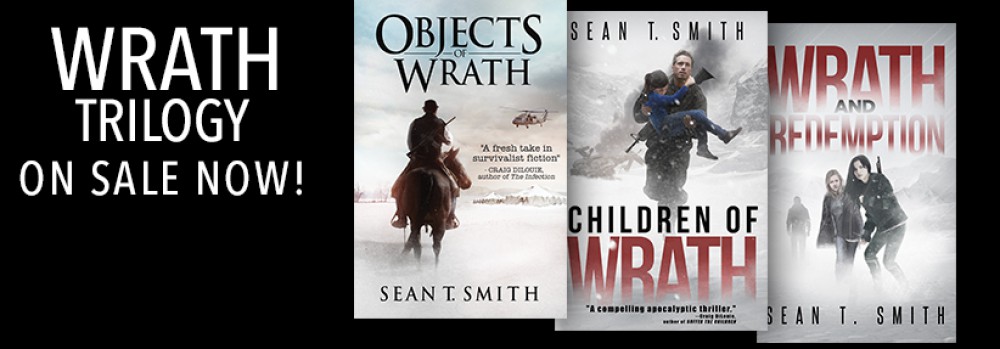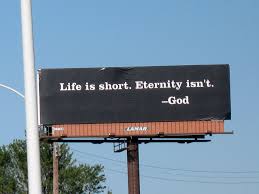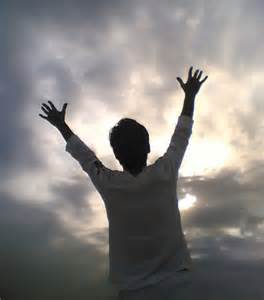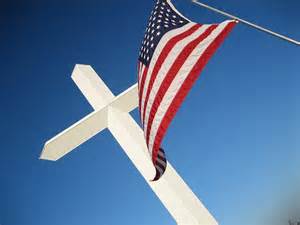
Religion and politics have been wrapped around one another for thousands of years. From a purely political standpoint, religion was frequently used as a means to control the populace and consolidate power.This was true of the Egyptians, the Aztecs, the Romans and Jews. As Christianity spread throughout the world, first through the travels of the early Apostles, and later by the growing Catholic Church, the teachings of Christ were often subverted and forgotten. The masses did not understand the simplest tenets of their own beliefs, for services were held in a language they did not understand and read from Bibles they could not read.
When Martin Luther published his famous The Ninety-five theses in 1519, he sparked a reformation, and shook the world to its foundation. With the invention of the printing press, believers had access to translations of the Bible for the first time, and the Catholic Church lost its monopoly on the faithful. In many ways, the reformation was about returning to the past, rediscovering something true and old, rather than finding something new.
The core of the reformation was the primacy of the cross, placing faith above works, and Justification by grace, which is not earned, but rather comes from God himself. The reformation focused on the teachings of Jesus rather than the laws of men. This, too was later twisted for political ends, with the rise of nationalism throughout Europe.

Christianity in America needs a reformation
As the 2016 election looms, the Christian vote becomes crucial in determining who the next President of the United States will be. Once again, politics and religion are interwoven, and with consequences which will reverberate around the globe. Christians in the United States are not as homogeneous as the Catholic Church was, but over the last forty years the evangelical movement has morphed into a political beast which equates belief and faith with a clear political agenda. It’s an agenda that is often blatantly contradictory to what Jesus taught.
As the younger generation leave churches across the country in droves and membership dwindles, prominent church leaders scratch their heads and bemoan the intrusion of humanism and secularism, point fingers at liberals, and grow more conservative. Rather than turning to the cross, they instead turn to politics.
Here are a few important ideas that seem to have vanished from the collective Christian mind in America:
Judge not
“You, therefore have no excuse, you who pass judgement upon someone else, for at whatever point you judge the other, you are condemning yourself, because you who pass judgement do the same things.” (Romans 2:1)
With the absurd debate over transgender bathrooms and gay-rights all over the news, Christians seem oddly focused upon codifying their judgements, and howling insults and hate from the pulpit and the rooftop. This is not only contradictory to what the New Testament teaches, but it also serves to drive a wedge between believers. It is a terrible stumbling block for many. Hypocrisy and judgment will kill belief as surely as the plague, and the church in the U.S. is ravished by these things.
Humility
“For everyone who exalts himself will be humbled, and he who humbles himself will be exalted.” (Luke 14:11)
Jesus taught much about humility. Not the kind of humility that we should take pride in and use as a weapon, but actual humility. Somehow, Christians still line up behind leaders, both religious and political, who exalt themselves every day. From the T.V. preachers with fleets of jets to Donald Trump, Christians get behind these clowns in spite of the obvious contradictions between what they profess, what they do, and what they actually believe.
“Woe unto you Pharisees, because you give God a tenth of your mint, rue and all the other kinds of garden herbs, but you neglect justice and the love of God. You should have practiced the latter without leaving the former undone. Woe to you Pharisees, because you love the most important seats in the synagogues and greetings in the marketplaces.” (Luke 11:42-43)
By focusing on law, men turn from the truth. Laws are of man, while God is God. Yet here in America, we have reverted back to the same sort of legalistic thinking which led Jesus to revile the Pharisees. Law becomes subversive to faith, eroding it, undermining it, ultimately destroying it.
Jesus preached charity
“One thing you lack,” he said. “Go, sell everything you have and give to the poor, and you will have treasure in heaven. Then come, follow me.” (Mark 10:21)
“What good will it be for a man if he gains the whole world, yet forfeits his soul? (Matthew 16:26)
In the United States, where success is conflated with goodness, this idea of charity has been engulfed by the religion of capitalism. Prominent church leaders and politicians have made the claim that God invented capitalism, which has nothing to do with Christ. Worse, the poor are paid lip-service on Sunday morning, then demonized throughout the week, called lazy, freeloaders, and nastier things by talking heads on the news. Folks ought to re-read the Sermon on the Mount, and then the rest of the Gospels.
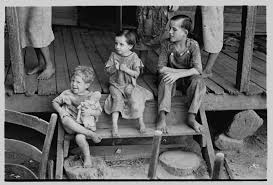
While there is nothing wrong with wanting a limited government, this demonization of the poor has taken on tones that would make Jesus weep, and many Christians speak this sort of hate with their own mouths.
Jesus taught love
At the heart of Christian belief is love. Love is the greatest commandment.
“Love the Lord your God with all your heart and with all your soul and all your mind. This is the first and greatest commandment. And the second is like it: Love your neighbor as yourself. ” (Matthew 22:37)
We have forgotten this, it seems, in America. We routinely see hateful speech coming from those who sit in pews every Sunday, from those who preach at the pulpit, and from leaders who sway voters because they make the claim that they are Christian.
While Jesus spent most of his time with outcasts, criminals, and prostitutes, in churches all across this country there is the spirit of judgement, exclusion and hate, rather than that of acceptance and love.
Conclusion
Since the rise of the “Moral Majority” in 1979, the Christian Right has become a potent political force in the United States, with the majority of Christians identifying with the Republican Party.
Now that Donald Trump is the presumptive GOP nominee, it’s time for Christians to re-examine their faith as it pertains to politics. Because Trump’s entire existence on this planet has been defined by greed, hate, infidelity, arrogance, and lies.
Regardless of the outcome of this Presidential election, the church across America needs to solve the problem at its core. The only way to do that is to turn back to the words of Christ.
